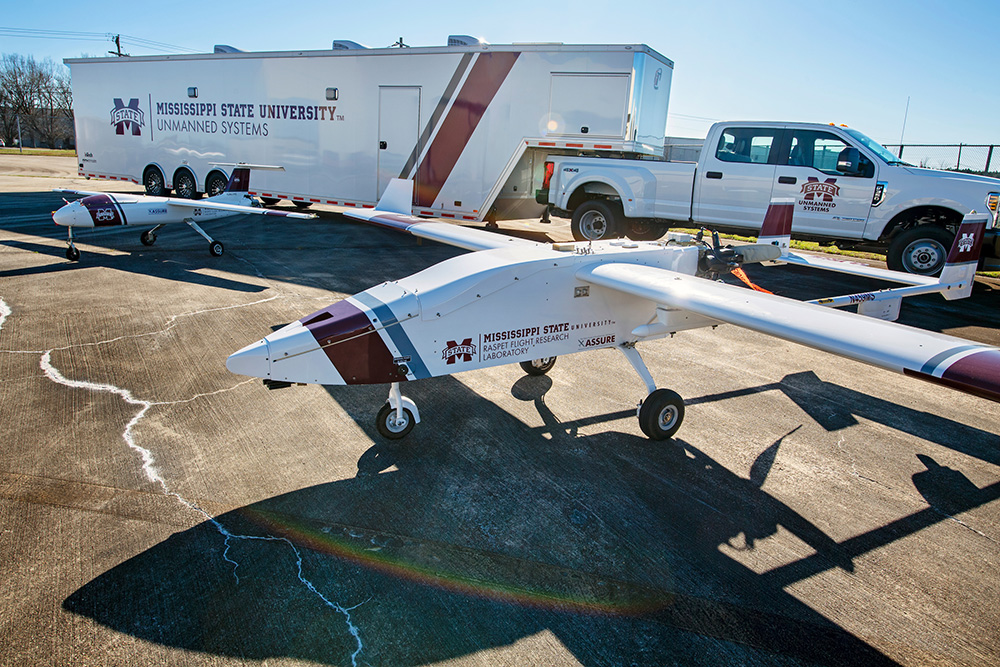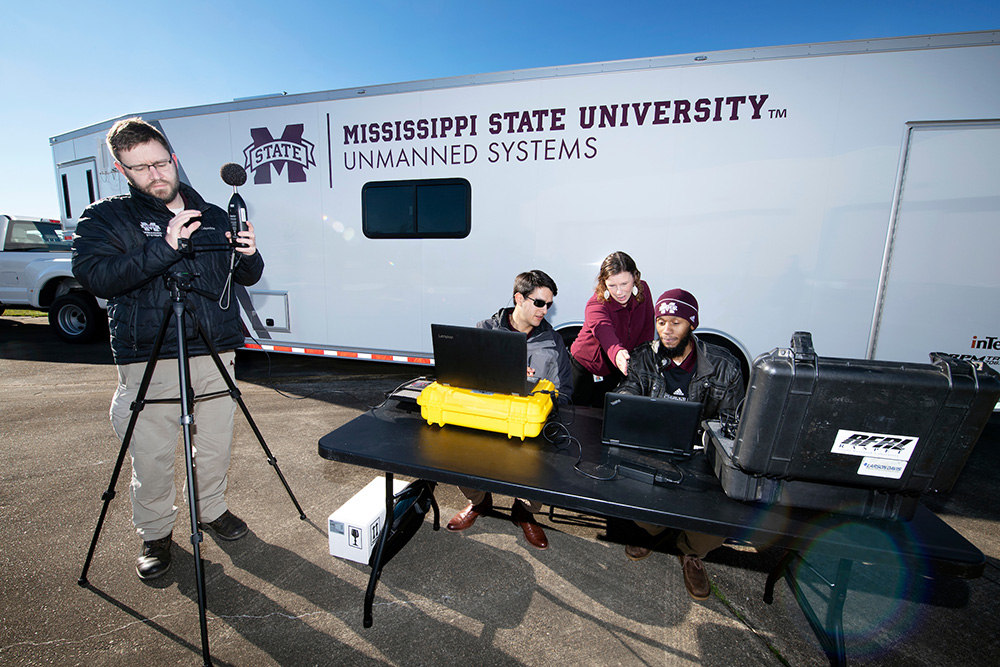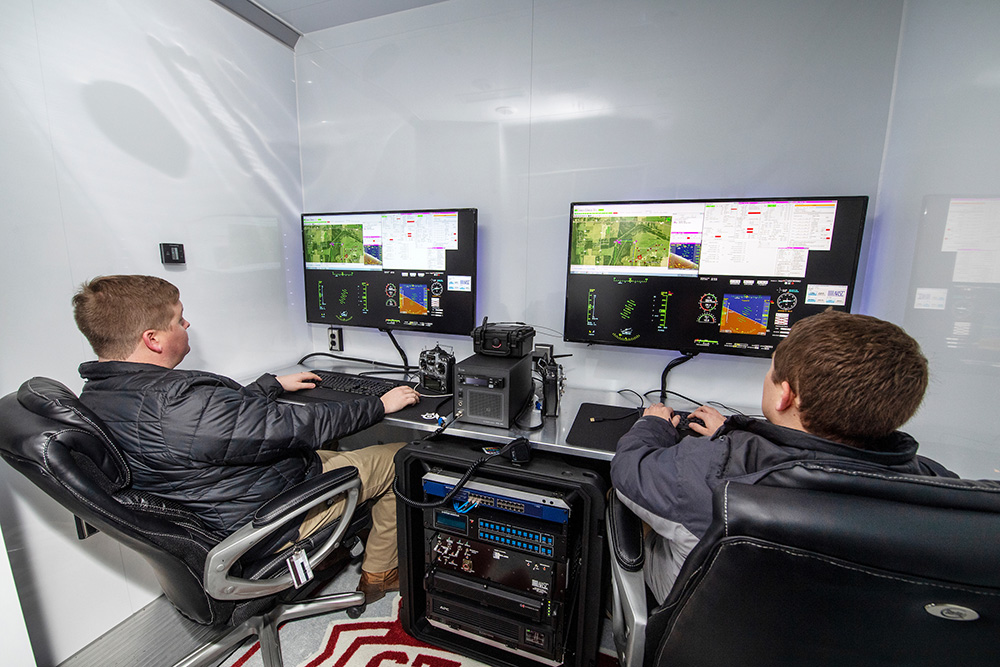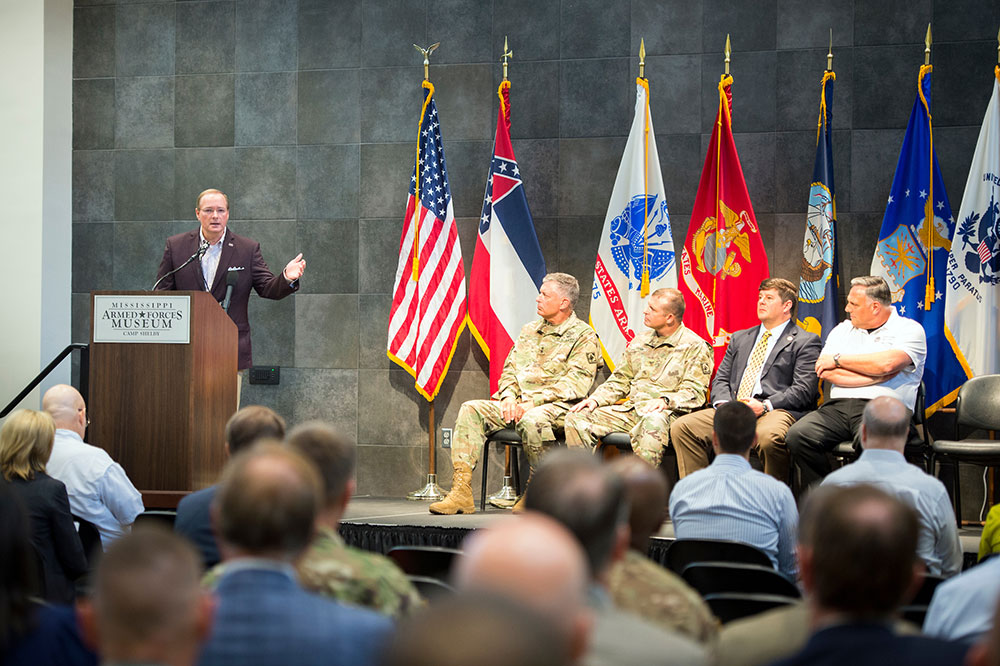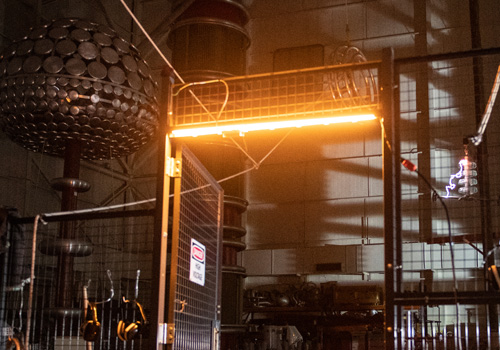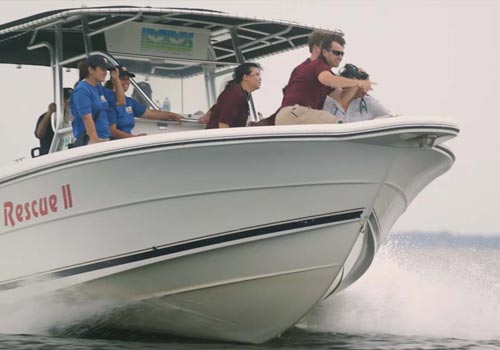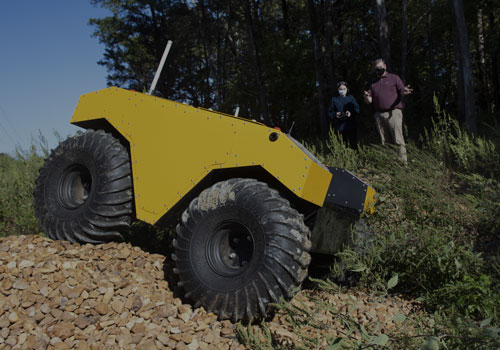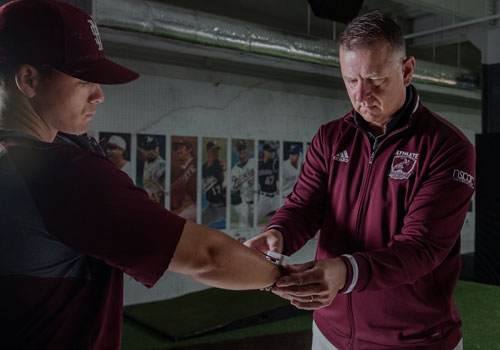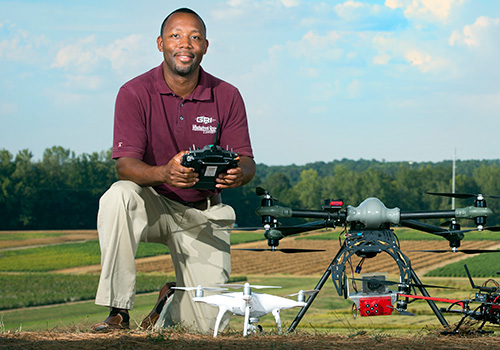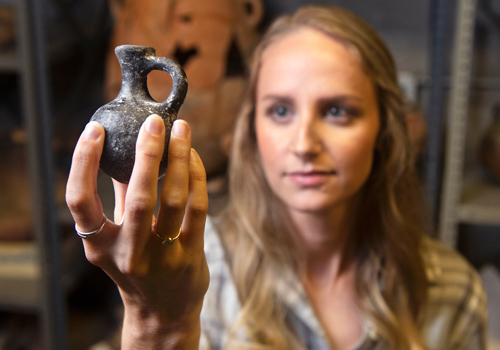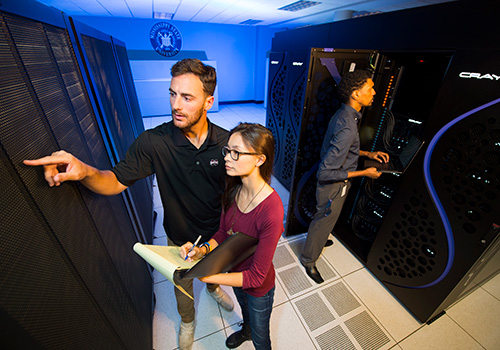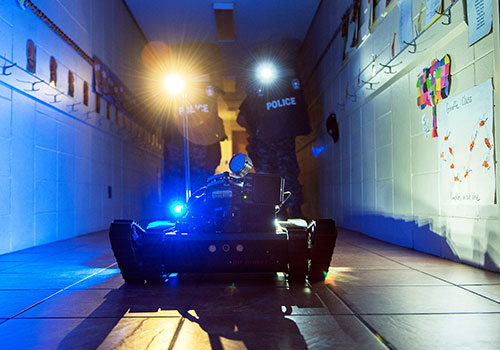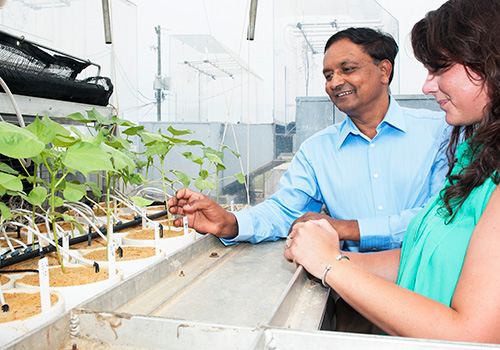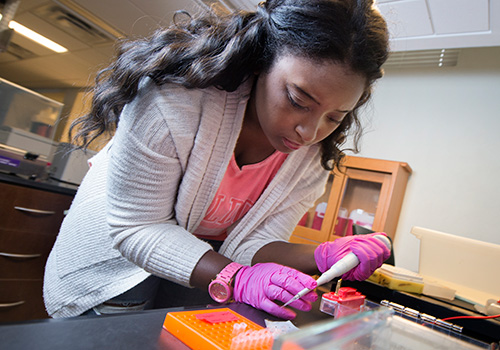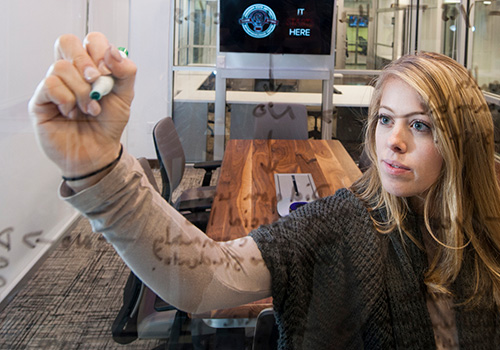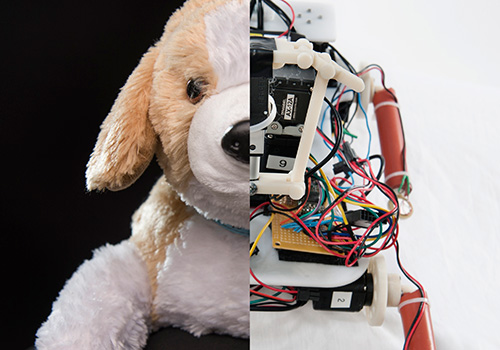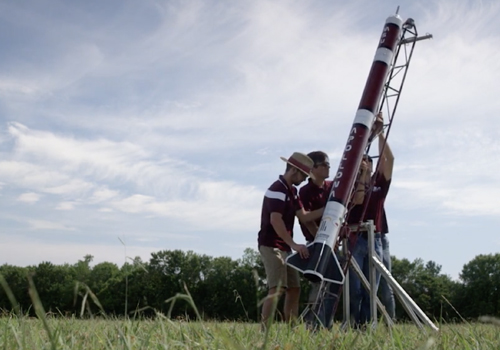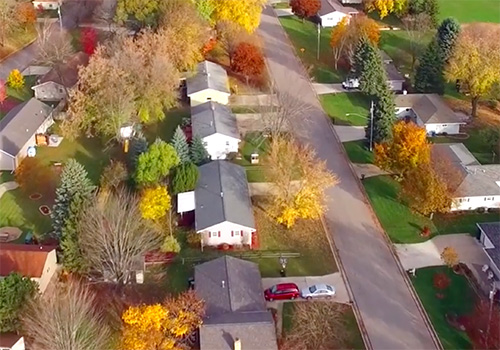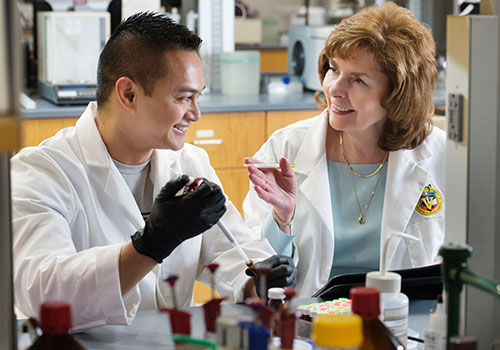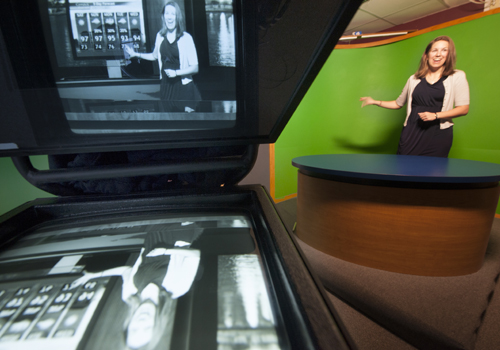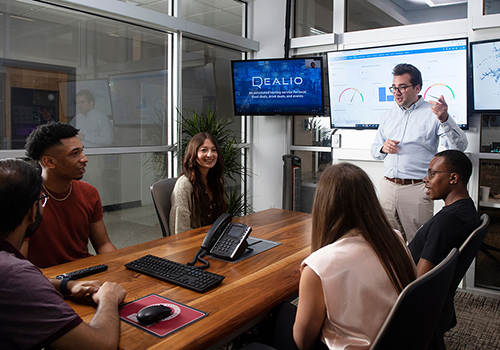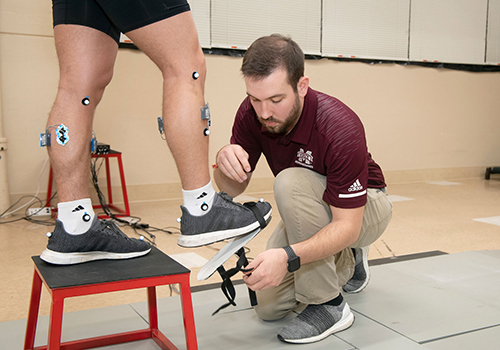Project partners are the Mississippi National Guard’s Camp Shelby Joint Forces Training Center, the Mississippi Air National Guard’s Gulfport Combat Readiness Training Center, NASA’s Stennis Space Center, the Jackson County Port Authority and the Hancock County Port and Harbor Commission.
As the team’s overall lead and scientific evaluator, Mississippi State is in charge of supplying “hard data” on aircraft performance to help the DHS improve the safety, efficiency and capabilities of its current operations. Test scenarios include highway and rail disasters, hazardous material spill containment and cleanup, disaster response and relief, and wildlife monitoring and control, to name a few.
The team also conducts specialized evaluation and training exercises for DHS agencies. For example, they’re evaluating UAS technologies that may help the US Coast Guard find lost boats, and help Customs and Border Protection agents perform their duties more efficiently and safely.



